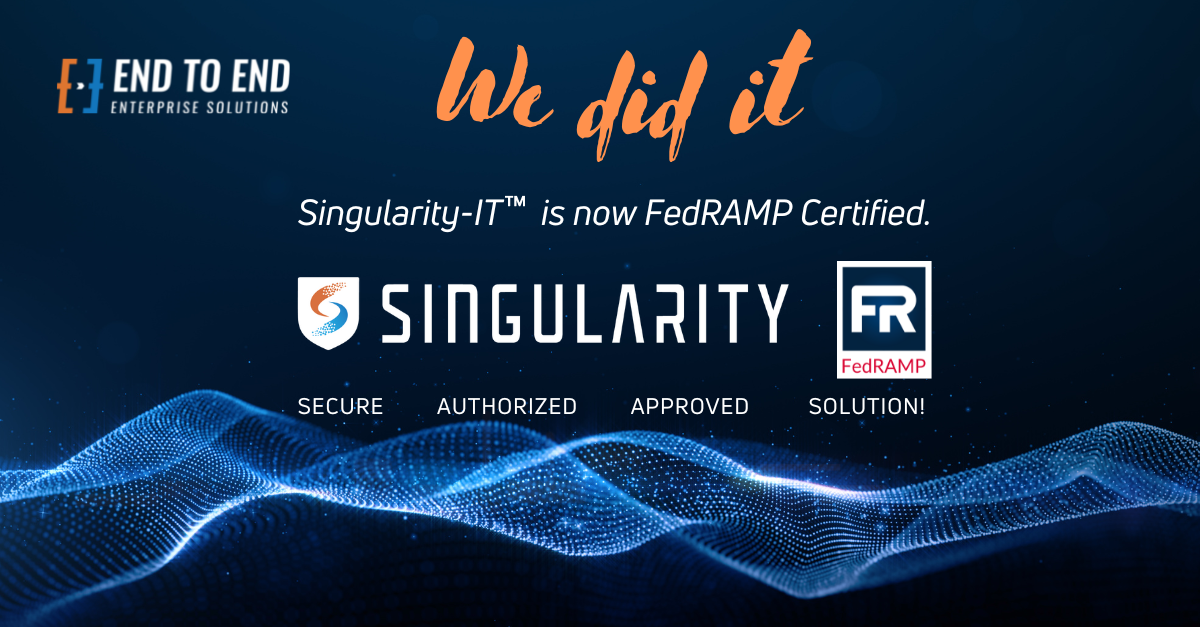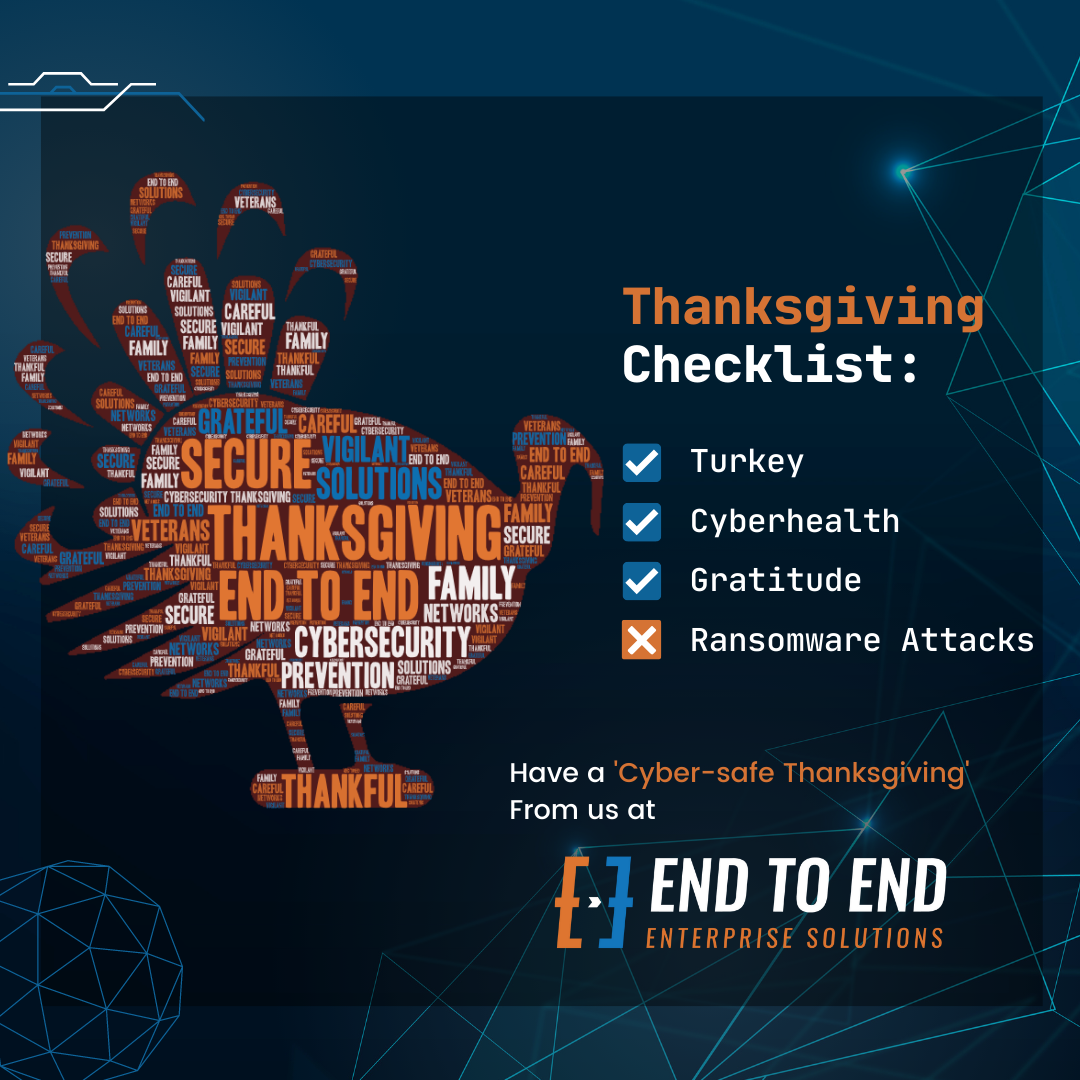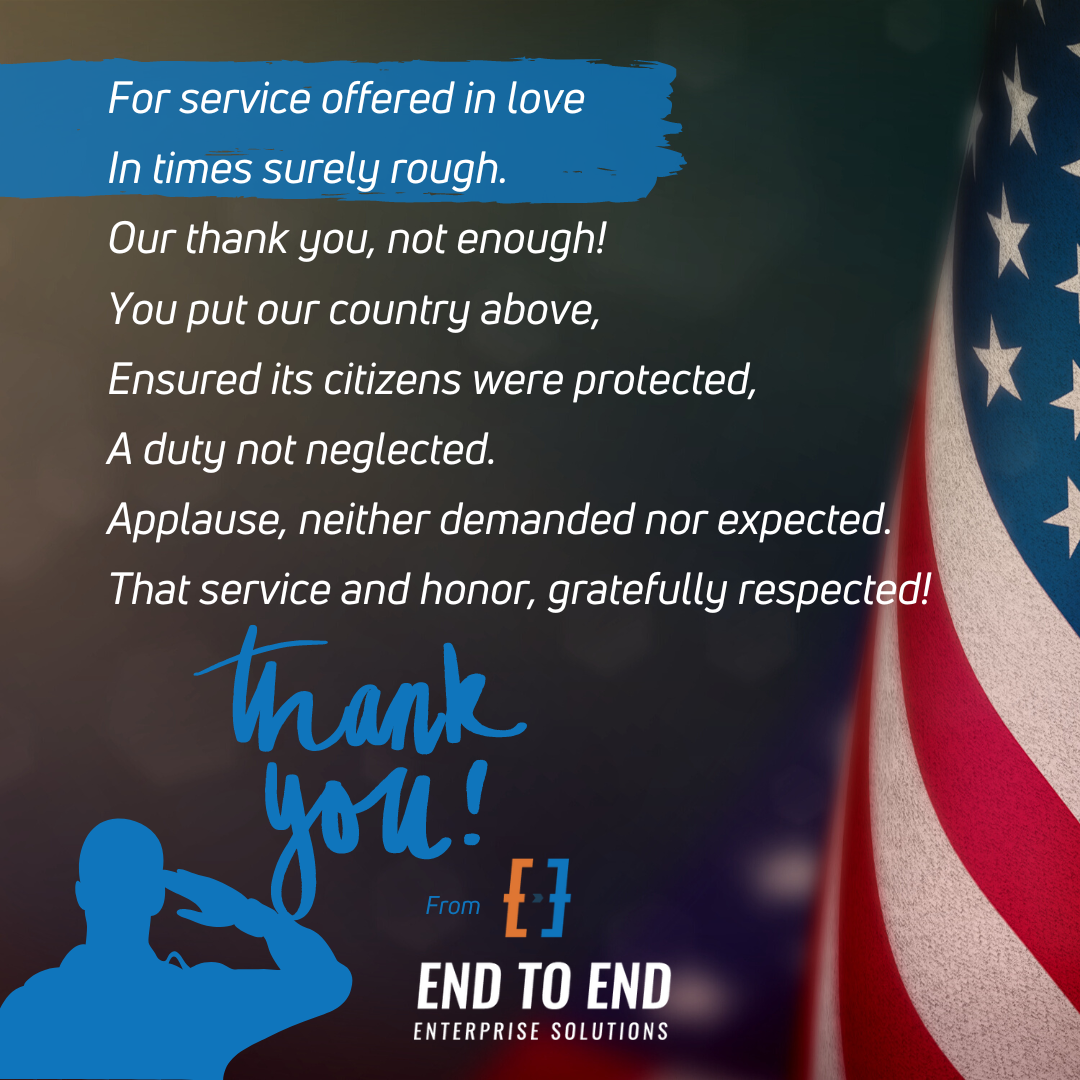Governments and government agencies are racing to modernize by adopting digital and cloud-based technologies through initiatives like the Modernizing Government Technology (MGT) Act. This has spurred the contract procurement process for project leadership partners.
And as a result of the agility and benefits of these programs, small businesses are now able to build use cases around infrastructure modernization.
The Small Business Administration (SBA) has been instrumental in bringing certified small businesses into the contractor procurement process through its several programs. The 8(a) Business Development Program and Service-Disabled Veteran-Owned Small Business Program (SDVOSB) are two of those important tracks.
With SDVOSB and 8a small business partners, government entities and lead contracting partners have several distinct advantages in the project procurement and project life cycle process. To understand those benefits, we should first look at the basics of these two certification designations and what they bring to the table as part of an urgent IT modernization need among government entities.
The Basics of 8(a), SDVOSB and NAICS
Most Americans work for small businesses, so the Federal Government has set various goals for small business participation in government contracting. By having a certain percentage of total procurement go to varying types of small businesses, the government can support various disadvantaged companies such as minority-owned small businesses and veteran-owned small businesses.
8(a) Small Business Structure
For minority-owned small businesses, certification for the SBA 8(a) Business Development (BD) program is a rigorous process that ensures a small business can perform the work on government contracts. This entails review of its ownership, daily management, operations, experience and financial status. By meeting documented disadvantaged business status and organizational expertise and viability 8(a) certified small businesses can competitively win contracts.
Federal government agencies have established specific percentages of their procurement dollars to be awarded to 8(a) small businesses. The 8(a) and SDVOSB programs allow for two types of contractor procurement tracks:
- Sole source vehicle which means only one firm is approached for the project
- Competitive procurement that limits the process to three potential contractors
The 8(a) program allows for contract awards with a ceiling of $4 million for services, or under $6.5 million for supplies or manufacturing.
SDVOSB Structure
A service-disabled veteran-owned small business (SDVOSB) is a company that is owned by one or more veterans who were injured or disabled during their military service. On average, $4.65 billion in contracts is awarded to SDVOSB per year that meet four requirement parameters:
- Small business classification by the SBA
- 51 percent ownership by one or more Service-Disabled Veterans (SDV) who control management and daily business operations
- An SDV holds the company’s highest officer position
- Assignment to the North American Industry Classification System (NAICS)
Both 8(a) and SDVOSB certified small businesses must achieve expertise certification in specific areas designated by NAICS.
NAICS Codes
NAICS codes cover every potential contracting specialization and verified expertise need required by a government entity to fulfill a project contract. IT modernization projects are often complex and require expertise in a broad number of areas.
The most important classifications in the IT sphere include the following (note that we specialize in many of these, for both the public and private sectors):
- Modernization
- Sustainment
- Cybersecurity
- Support services
- Program/project management
- Administrative support services
- Training
- Organizational development
- Strategic planning
Public entities require contracting partners within the procurement process that have a deep understanding of the special needs, processes, and compliance attributes of government organizations. This is in addition to all the requisite IT skills and expertise.
This combined expertise and certification sets the stage for numerous government entity and lead contractor benefits for those choosing a small business as part of their procurement strategy.
Benefits of Small Business Procurement Incorporation
There are not many companies, especially in the IT industry, that are 8(a) and/or SDVOSB certified. Government organizations that choose a certified contractor can reap quite a few tangible benefits. By making a certified small business part of the procurement process, a federal agency, entity or primary contractor can gain the following benefits:
- No need for the federal agency to advertise on beta.sam.gov, which shortens the lengthy contracting process
- No need for a formal RFQ or RFP with Sole-Source contracting, which further simplifies, speeds and lowers costs of the project
- Streamlined acquisition process where negotiations occur only between the agency, SBA, and the potential 8(a) eligible vendor
- Time required to process and award an 8(a) sole source contract can be as short as 10 days
- Agency negotiates with the firm directly to get a best value deal.
- Agencies can receive small business participation credits with each 8(a) contract they award
- Competitive procurement provides agencies a simplified acquisition process:
- The competitive 8(a) procurement requires only three 8(a) firms that can satisfy the agency’s requirements
- Agencies can receive small business participation credits with each 8(a) contract they award
Many RFPs contain set-aside requirements that allow only small businesses to respond as the prime contractor. The VA, and DOD prioritize service-disabled veteran-owned small business firms. That means that each set-aside or sole source contract created by the VA goes directly to a qualified SDVOSB. A partnership with a SDVOSB therefore increases a contractor’s chances of being awarded the contract.
Working with a SDVOSB and/or 8(a) small business allows Government Program Managers and Contracting Officers to save substantial time, work, and cost during the procurement cycle. This can lower the costs and completion time of projects with tight timelines.
The Future for Government Agencies
Government entities are acutely aware that they are behind the curve when it comes to digital transformation of IT systems, cloud computing, and cybersecurity. The administrative overhead in terms of costs and manpower required for the operation of local, state, and federal departments and agencies is unsustainable.
These entities need collaborative work management processes and systems to meet the needs of the workforce across governments, departments, and agencies. This adversely impacts their ability to provide vital services and support while delivering innovative solutions to countless people in the public and private sectors.
With the intersection of time urgency, tight budgets, and the need for the best experts for system implementation, Government entities can meet all three needs and more by including in their procurement process an SBA certified small business contractor with the right contract vehicles.
At End-to-End Computing we offer the best IT security services in the industry, reducing the cost of investing in licensing, new technology, staff, and training. We have over 50+ years of experience offering IT solutions to clients in both the private and public sectors. Contact End-to-End Computing now to set up a free cybersecurity assessment and trial.





